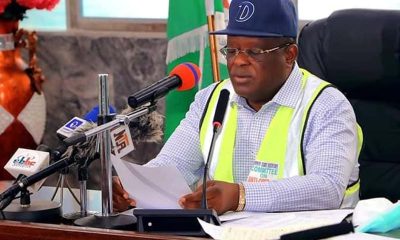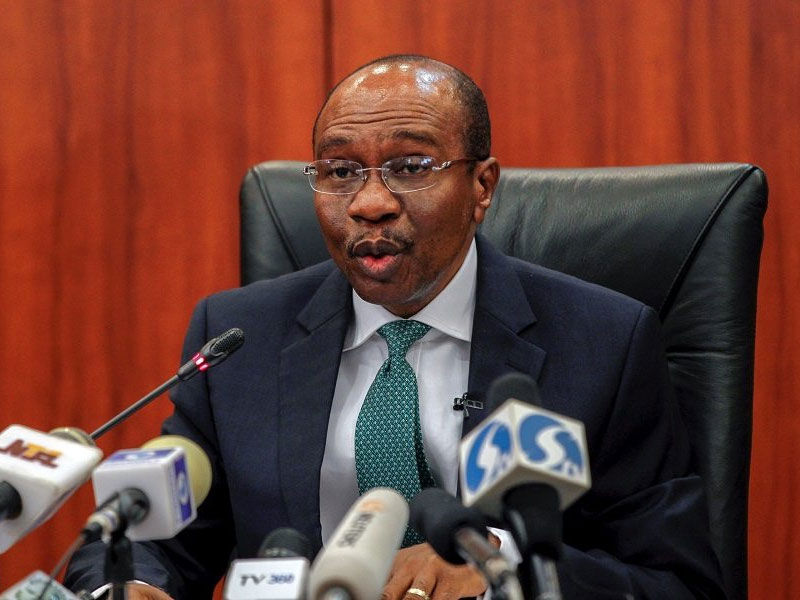…As expert predicts 13.2% rise in inflation
By ODUNEWU SEGUN
WITH a total value of capital imported into Nigeria in the first quarter of 2016 standing at $710 million, the lowest level since 2007, the flow of foreign capital is gradually drying up, and this may be a huge blow to the country’s economy, National Daily investigation have shown.
The steepest decline came from portfolio inflows, which dropped 85% year-over-year, according to the analysts at Capital Economics. “The collapse in investment inflows will deal two very serious blows to Nigeria’s economy, which is already reeling due to low oil prices,” warned Capital Economics’ Africa economist John Ashbourne in a note to clients.
In the 2016 Q1 capital importation report released by the National Bureau of Statistics a total of $711 million was imported into the country in the quarter ending March 2016. This is the lowest level since they started collecting the data in 2007 and a decline of about 74% year on year.
The report confirms the economic realities in Nigeria, as foreign investors have basically withheld any major form of investment into the country. This follows the capital controls imposed by the CBN which basically limits the amount of cash that can be repatriated from the country. This has increased the risk of investing in Nigeria as foreign investors will not invest if they do not see a possible exit.
According to the report, the scale of the decline in capital importation in the first quarter of 2016 is symptomatic of the challenging period that the Nigerian economy is going through following the fall in crude oil prices. Both the quarterly and year on year declines were also the lowest recorded since the series began. As a result of these changes, total capital importation has fallen by 89.13% since its peak level in the third quarter of 2014.
ALSO SEE: States lose N25.19bn in IGR
Meanwhile, financial derivatives Company Limited has predicted a steep rise in year-on-year April inflation to 13.2 per cent, 0.4 per cent higher than the 12.8 per cent recorded in March.
The Lagos-based firm, which stated this in its latest economic bulletin obtained recently, stressed that its forecast is accurate; it will be head-turning for the Monetary Policy Committee (MPC), “which have barely recovered from the spike in March.”
“The lingering fuel scarcity was debilitating to economic activity and pressurised consumer prices in April. Additionally, rising transport costs and seasonality are also driving increase in costs of food staples and perishables. A disequilibrated exchange rate and its distortionary impact on monetary stability is beginning to feed through the system for a prolonged period,” it added.
Following the 100 basis points hike in monetary policy rate (MPR) at the last MPC meeting, “the CBN was under pressure to increase policy rates again. With real returns back in negative territory, the CBN will have to deliberate on the efficacy of using interest rates to contain the current inflationary trend. The absence of a foreign exchange policy, which still continues to be a major factor leading to uncertainty, has to be addressed at the MPC.
“We estimate a slight slowdown in inflation in May towards 12.5 per cent as a result of consumer resistance following the sustained rise in consumer prices.”
The expected rise in the inflation figures would be the fourth consecutive monthly increase in 2016.Investors may be concerned about whether or not they will be able to repatriate the earnings from their investments, given the current controls on the exchange rate. In addition, as growth has slowed in recent quarters, there may be concerns about the profitability of such investments.

 Aviation1 week ago
Aviation1 week ago
 Business5 days ago
Business5 days ago
 Business5 days ago
Business5 days ago
 Education5 days ago
Education5 days ago
 Crime5 days ago
Crime5 days ago
 Business1 week ago
Business1 week ago
 Business5 days ago
Business5 days ago
 Covid-195 days ago
Covid-195 days ago






